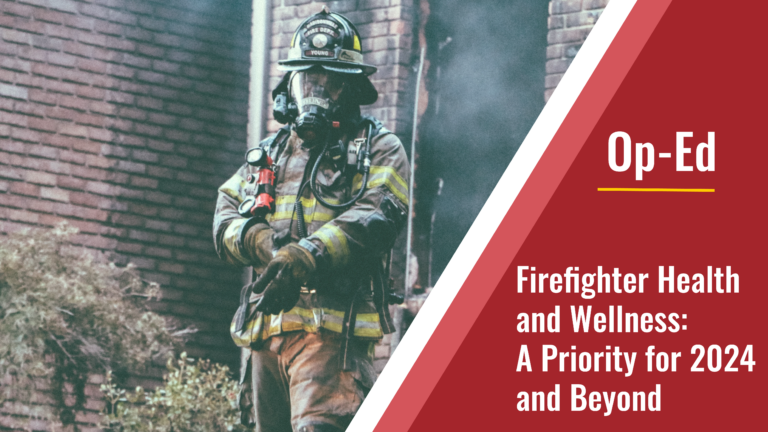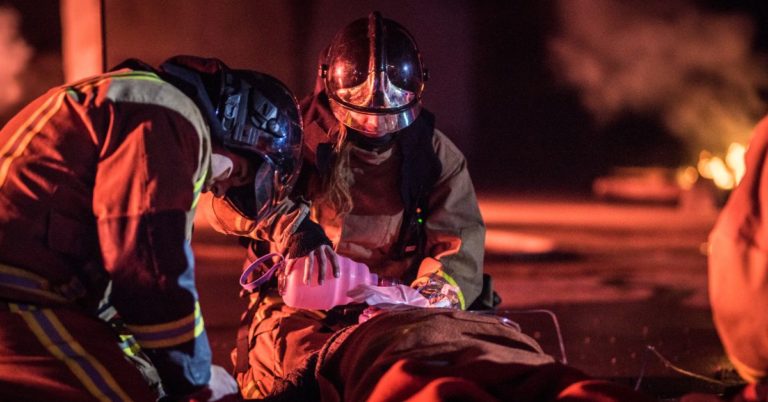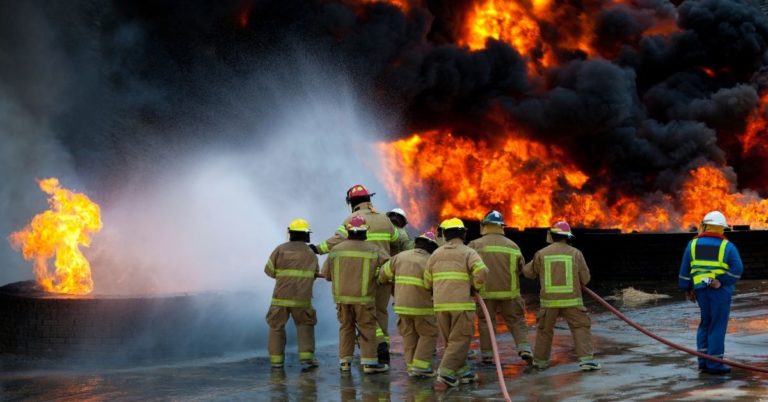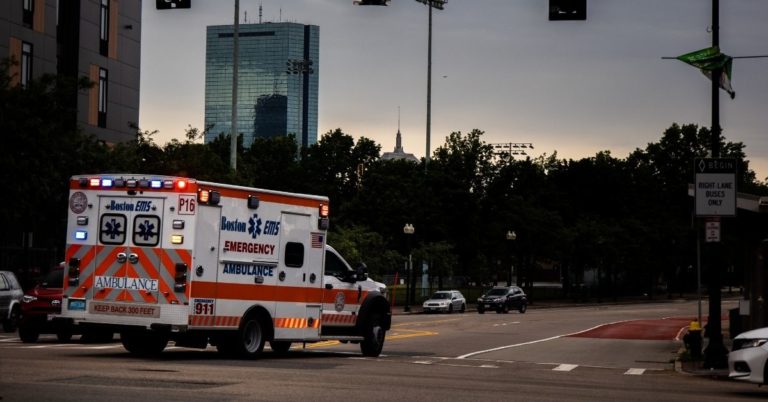One of the biggest frustrations for public officials and experts during this struggle against the Covid-19 pandemic has been testing. That is to say, for nearly a year it has been a general concern that while America has been the most highly tested population on the planet, we were still not meeting the demand and necessary implementation to effectively thwart the virus. Testing was at first in short supply, or results took too long, and even now, many people are familiar with the frustrations of being one of an endless number of people standing in line to wait for a test. Rapid testing has long been considered the key to easing the strains of the Covid-19 pandemic, by getting more information faster. But in reality, rapid testing has not ever reached critical mass anywhere in the United States, but with a rising stockpile and new innovation, may become a key in exiting the current crisis.
Rapid Tests and PCR Tests
First it is important to understand the difference between rapid tests and longer PCR tests. The Covid-19 tests which were originally rolled out at the beginning of the pandemic are known as molecular PCR tests. This method of testing requires being sent to a lab where results can take days. According to The News & Observer, “A molecular (PCR or polymerase chain reaction) test detects the virus’s genetic material. These tests require a more complex technology to get results, and it usually takes a day or two to get those results (depending on lab capacity, results may take up to a week).” The rapid tests are known as antigen tests and can have the results back within minutes at a doctor’s office or clinic. “An antigen test detects specific proteins on the surface of the virus. These tests are quicker and less expensive but have a higher chance of missing an active infection, according to the FDA.”
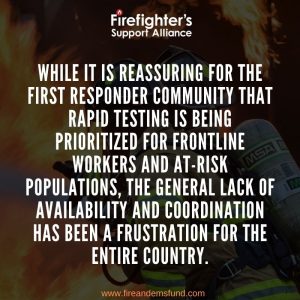
While the rapid antigen tests offer the hope of a meaningful tool for making life move more seamlessly in a country dependent on testing, rolling out a meaningful nationwide strategy has been a struggle. According to PewTrusts.org, as of November 2020, the United States was amassing quite a stockpile of rapid test units, upwards of 150 million individual tests. But access to the general public remained constrained. “…most states say they expect to use the 15-minute tests to diagnose symptomatic people in prisons, police and fire departments, health clinics and other places that already are set up to conduct testing. Some states also are making the kits available to school nurses to test anyone who complains of symptoms.” Most state and local governments have decided to use the rapid tests as more of a screening measure due to the higher accuracy of the lab tests and appear to be reserving the rapid test implementation for targeted groups and settings.
Challenges with Rapid Testing
As things stand, the US has only sparingly made rapid testing available, relative to the millions of tests that have been administered in the country. In fact, according to USA Today, almost half of the states in the country have not even been providing data on positive cases linked to the antigen tests. “More than 20 states either don’t release or have incomplete data on the rapid antigen tests considered key to containing the coronavirus, which has sickened more than 6 million Americans…The lapses leave officials and the public in the dark about the true scope of the pandemic as untold numbers of cases go uncounted.” But a new deal inked by the Biden Administration with Australian company, Ellume, may eventually revolutionize the availability of rapid testing in America.
On February 1st, the Biden Administration announced a contract with Ellume for $231.8m to acquire the company’s FDA approved at home Covid-19 rapid test. The test communicates with your smartphone to provide a result within 15 minutes. NPR reports that, “The test uses a relatively short nasal swab to collect a sample. The sample is put into a digital analyzer linked to a smartphone app. In December, the company told NPR that the test would be available for about $30.” While it is reported that the company will eventually complete a plant in the United States, the current available supply will be distributed from Australia. The company has committed to giving the federal government 8 million tests, and says it can produce up to 100,000 tests per month while the American plant is being completed.
While it is reassuring for the first responder community that rapid testing is being prioritized for frontline workers and at-risk populations, the general lack of availability and coordination has been a frustration for the entire country. With a little luck, rapid testing may be a new norm for Americans at large in the months ahead and a way out of pandemic restrictions.
Image Credit: Photo by Waldemar Brandt on Unsplash

